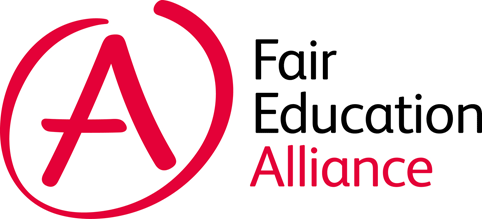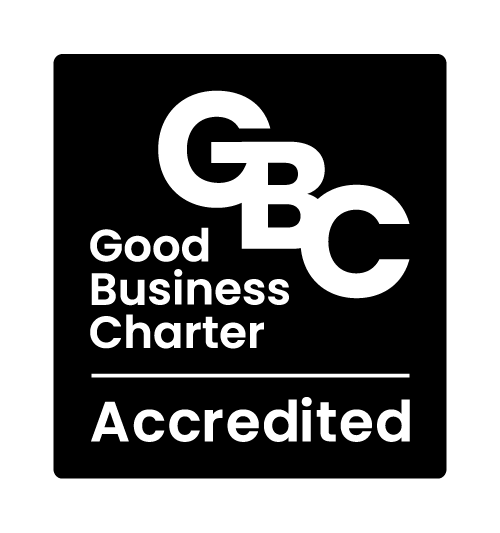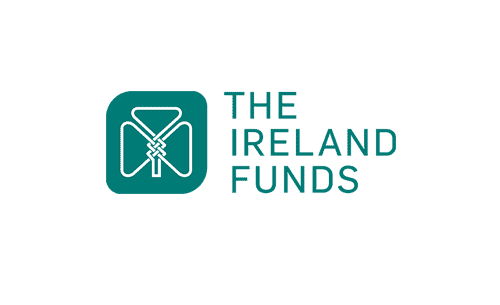Teacher fellows

Bill Rammell
I’ve surprised myself when I think back over my education and career, about the extent to which this new role as CEO of Parallel Histories is the culmination of a lifetime’s work and interest.
As someone who grew up in a council house and was the first in my family to go to university, I was very much the beneficiary of the postwar push by successive governments to make university education available to the working classes. All governments saw university education as a primary route to improving social mobility and eradicating social injustice. That explains why when I finished with politics, I went straight into higher education where I spent many years running universities in the UK and abroad. Having experienced myself the benefits of attending university, I wanted everybody else who would benefit to have that same opportunity.
At the heart of any world-class academic institution is a culture and commitment to free thought, free speech, and a vigorous curiosity to find out why other people disagree with one’s own cherished opinions. As I leave the university sector, it is with a nagging worry that today’s students arrive at university less curious about ‘the other’ than they were in the past. In short, I think there’s less listening and engaging with views you don’t agree with done than there used to be. Hopefully you will see my connection with the mission of Parallel Histories.
But before entering academia I spent 13 years as an MP, the last 8 as a senior Minister and representing a constituency, which ended up with one of the highest pro-Leave votes in the Brexit referendum. What this alerted me to was the susceptibility of democracy to organised disinformation, and the unscrupulousness of politicians who choose to stir up to use immigration or cultural differences for their own ends. Again, I think the reader will see how this concern draws me to Parallel Histories; our programme is great preparation for future voters to help them play an active role in healthy pluralistic democracies. And it inculcates the analytical, research and oracy skills which give a wonderful platform for a successful life.
I am hugely passionate and enthusiastic to be joining Parallel Histories and following on from Michael Davies’s wonderful work.

Bill Rammell
I’ve surprised myself when I think back over my education and career, about the extent to which this new role as CEO of Parallel Histories is the culmination of a lifetime’s work and interest.
As someone who grew up in a council house and was the first in my family to go to university, I was very much the beneficiary of the postwar push by successive governments to make university education available to the working classes. All governments saw university education as a primary route to improving social mobility and eradicating social injustice. That explains why when I finished with politics, I went straight into higher education where I spent many years running universities in the UK and abroad. Having experienced myself the benefits of attending university, I wanted everybody else who would benefit to have that same opportunity.
At the heart of any world-class academic institution is a culture and commitment to free thought, free speech, and a vigorous curiosity to find out why other people disagree with one’s own cherished opinions. As I leave the university sector, it is with a nagging worry that today’s students arrive at university less curious about ‘the other’ than they were in the past. In short, I think there’s less listening and engaging with views you don’t agree with done than there used to be. Hopefully you will see my connection with the mission of Parallel Histories.
But before entering academia I spent 13 years as an MP, the last 8 as a senior Minister and representing a constituency, which ended up with one of the highest pro-Leave votes in the Brexit referendum. What this alerted me to was the susceptibility of democracy to organised disinformation, and the unscrupulousness of politicians who choose to stir up to use immigration or cultural differences for their own ends. Again, I think the reader will see how this concern draws me to Parallel Histories; our programme is great preparation for future voters to help them play an active role in healthy pluralistic democracies. And it inculcates the analytical, research and oracy skills which give a wonderful platform for a successful life.
I am hugely passionate and enthusiastic to be joining Parallel Histories and following on from Michael Davies’s wonderful work.






